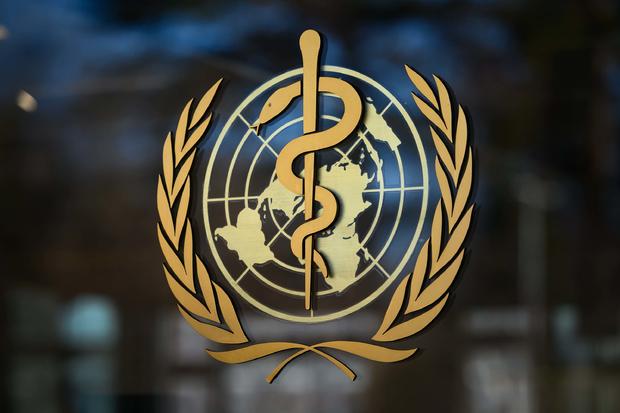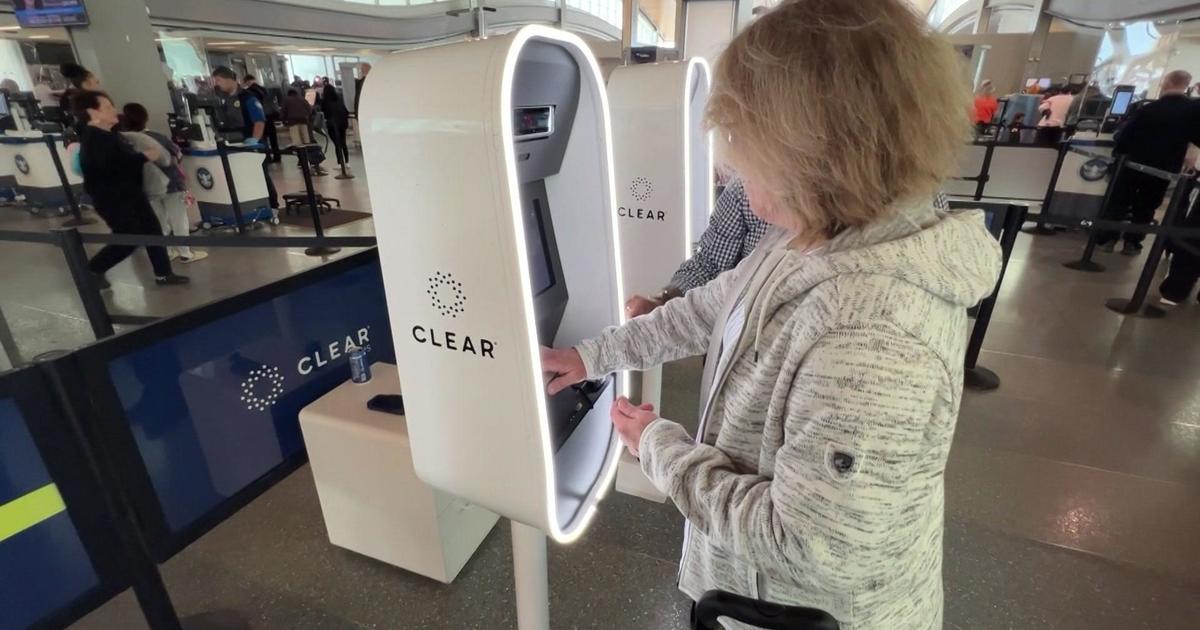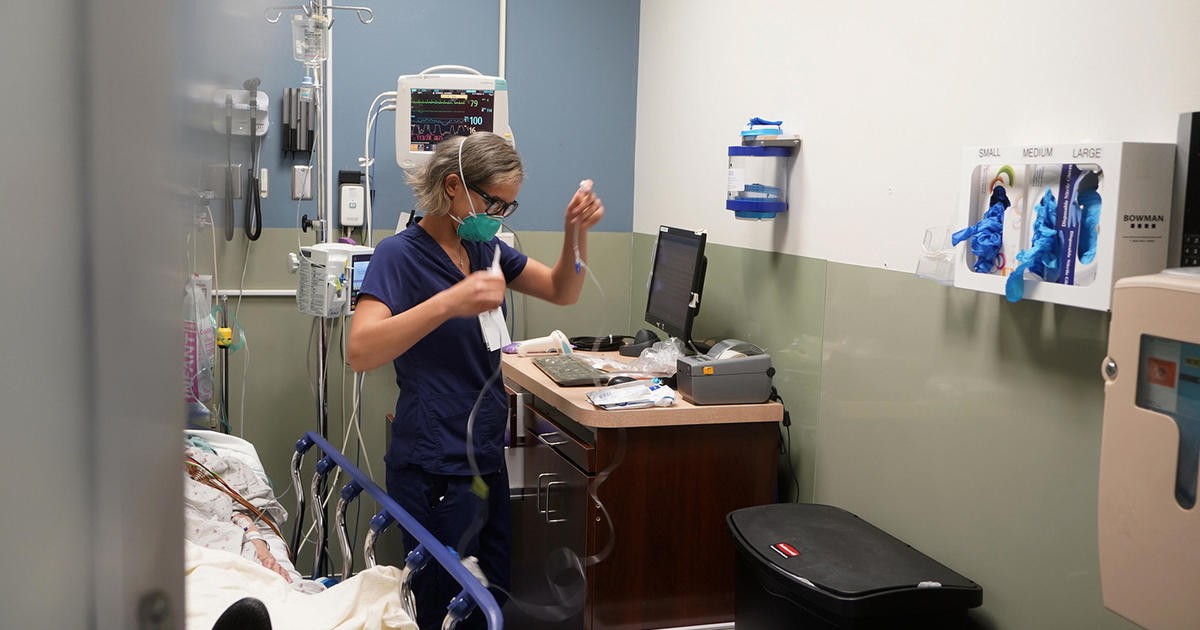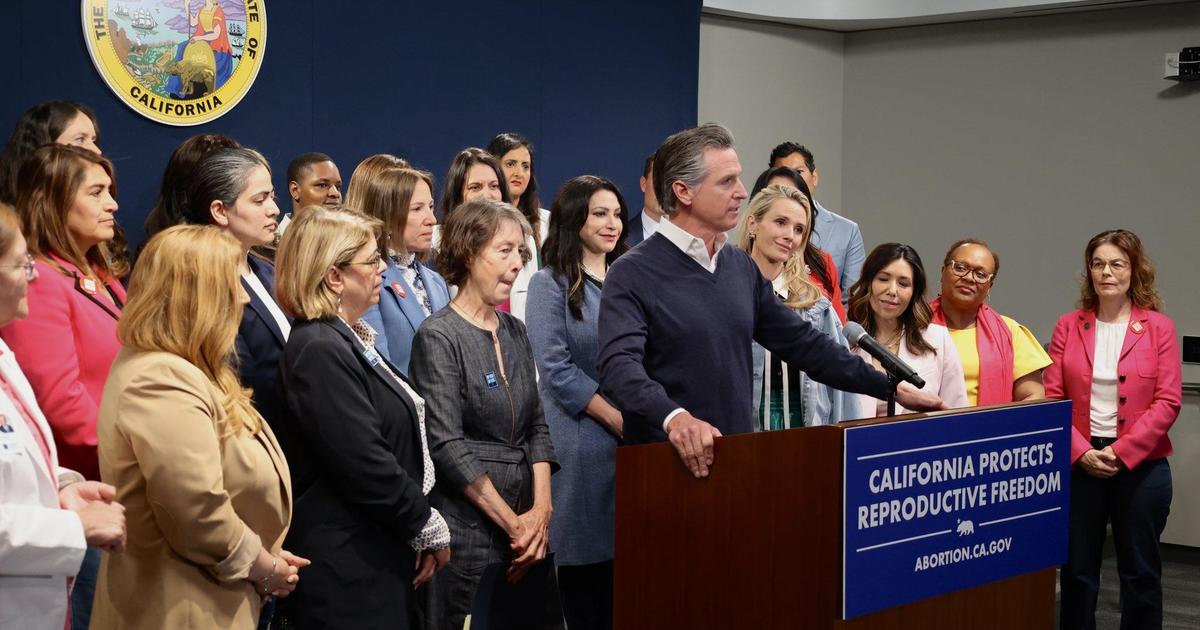How the World Health Organization helped kill a promising made-in-Canada vaccine
Toronto, Ontario (CTV Network) -- In a pandemic, a sizable amount of flexibility is required.
The World Health Organization (WHO) has championed the need for out-of-the-box thinking on vaccine production and supplies to protect the world.
But when faced with that very situation, the WHO evoked a 2005 policy, and sentenced a promising made-in-Canada vaccine to a tragic death because of a minority link with a tobacco company.
"I think the WHO has gone totally off the rails," said David Sweanor, a lawyer, long-time anti-tobacco advocate and associate professor of law at the University of Ottawa.
"If the World Health Organization is standing in the way of vaccines to treat an epidemic, what does that do to their long-term credibility?"
A year ago, officials with the agency refused to endorse a vaccine made by Quebec-based Medicago. It used a plant related to tobacco as the "factory" to produce virus-like particles that taught the immune system to fend off the virus that causes COVID-19.
Health Canada approved the vaccine Covifenz in February of last year, after studies showed two doses were 71 per cent effective in protecting adults 18 to 64 against COVID-19 infection and disease. The vaccine was 70 per cent effective against Omicron.
The Medicago technology was also widely seen as having great potential for creating both vaccines and antibody treatments for other conditions, including cancers, arthritis and multiple sclerosis.
But the plants used in production are a cousin of the tobacco plant and were supplied by tobacco giant Phillip Morris, which was a minority (21 per cent) shareholder.
That came up against a nearly two-decades-old WHO policy of not engaging with tobacco companies – part of an international treaty that frowned on government partnerships and collaborations with such companies. Article 5.3 of the 44-page Framework Contravention on Tobacco Control requires all parties, when setting and implementing their public health policies with respect to tobacco control, to "act to protect these policies from commercial and other vested interests of the tobacco industry in accordance with national law."
Instead of negotiating or discussing options, WHO officials issued a public rejection of Covifenz on March 25 last year.
"It's well known the WHO and the UN have a very strict policy regarding engagement with the tobacco and arms industry, so the process is put on hold. It's very likely it won't be accepted for emergency use listing," Mariangela Simao, a spokesperson for the WHO, said in a statement to CTV News Montreal at the time.
WHO IS TO BLAME? Without WHO's endorsement, few governments were willing to buy the vaccine. In fact, Canada was the only country that had formally approved the vaccine and agreed to purchase doses.
Medicago had been preparing to launch full-scale production. However, its parent company, Mitsubishi Chemical Group, announced last week Medicago was closing down. Officials cited changes to the COVID-19 "vaccine landscape" and lower global demand for COVID-19 vaccines.
But the blame sits in large part with the WHO, according to one infectious disease physician based in Montreal.
"It's too bad the WHO killed Medicago by not endorsing it because Phillip Morris owned some of it," wrote Dr. Todd Lee in a post on Twitter.
In a follow-up email to CTV News, Dr. Lee added, "I think the WHO decision not to endorse the vaccine likely crippled the ability of Medicago to secure the kind of large contracts needed for this product to be a success."
That decision in Geneva effectively started the company on a death spiral, with the closure leading to 600 job losses.
"What about all the other people who put ...time, effort, and money in to come up with an effective vaccine? … They're just collateral damage?" said Sweanor in an interview with CTV News.
A 'BLACK-AND-WHITE' DECISION "It was a very black-and-white kind of decision they made," said Tanya Watts, an immunologist and professor at the University of Toronto.
Mentioning the WHO framework meant to address worldwide consumption and production of cigarettes, she added, "This was a good use of tobacco."
Sweanor agrees, saying, "There's got to be a basis for why you oppose the company's cigarette companies, a very strong basis to get mad at them, regulate them, … But if they do something that is actually good, why would we oppose that?
Canada's federal government had agreed to buy up to 76 million doses of the drug, in addition to a $173-million investment to help build a plant in Quebec City. It would have been the first domestic vaccine production in Canada in decades.
Canadians like Nathan Majaraj, of Quebec, also put their bodies on the line to test out the vaccine.
"It was great," he told CTV News. "I was happy to get a new vaccine tested and it was interesting for me as a parent to tell my kids this is what I did. I was able to help."
Majaraj also disagrees with the WHO's decision to refuse to endorse the vaccine, noting the potential wider impact of the decision, beyond the pandemic.
"This now shuts off this avenue of (research and development) when we surely need more options for more vaccine manufacturing developments," he added. Medicago also had a novel flu vaccine and one against H5N1 avian influenza that successfully passed a Phase 2 trial, adding to the overall loss.
VACCINE EQUITY GOAL SET BACK Throughout the pandemic, the WHO had urgently been calling for expanded research and manufacturing of vaccines around the world. Doses of the Medicago COVID-19 shot had been earmarked for Africa, according to Health Canada.
One advantage Medicago's product had over some of the approved vaccines is that it doesn't have the same cold storage requirement as mRNA shots, and so "would have been more suitable for Africa and places like that," said Watts.
Because of the drug was not approved, another WHO goal -- promoting vaccine equity – was set back by the decision.
WHY DID CANADA BACK COVIFENZ? Another critique of the WHO's rejection comes from closer to home; some Canadians are now focusing on the lost investment by the federal government that may not be retrieved.
But that criticism isn't solely directed at the WHO.
Some blame Canada for backing a plant-based tobacco-funded vaccine in the first place.
An editorial in the British Medical Journal in 2020 warned that by collaborating with Philip Morris on its vaccine candidate, "the Government of Canada is demonstrating a complete disregard for its treaty obligations under the Framework Convention for Tobacco Control." The editorial accused the federal government of "turning a blind eye to the tobacco industry and the pandemic of eight million deaths annually that it is fuelling."
Canadian health groups, including the Quebec Coalition for Tobacco Control and Physicians for a Smoke-Free Canada, urged Ottawa, the province of Quebec and Medicago itself to replace Philip Morris as a stakeholder due to its tobacco business. The company cut ties with the tobacco maker late in 2022, but by then its fate was sealed.
In a statement to CTV News at the time of the WHO rejection, Health Canada said it stood by its investment in Medicago's vaccine and that the treaty agreement was not violated.
"The Government of Canada has studied the matter of its investment in Medicago carefully and considers that it is compliant with its treaty obligations related to tobacco control under the WHO Framework Convention on Tobacco," Health Canada spokesperson Mark Johnson said.
An element some critics of the government's backing of Medicago forget that the country was part of a desperate international scramble to secure whatever supplies t could get at the time, because Canada had no domestic vaccine production as the pandemic began.
"Put yourself back in early 2020," said Watts. "Everybody wanted vaccines and nobody knew which one was going to get through. I think (the government) was advised by scientists and they decided to hedge their bets and back several (vaccines) and I thought this was a very good candidate."
And despite its decision on the Canadian-made shot, the WHO has in the past called plant-based vaccines "a new and exciting possibility," according to the Washington Post, because they can be "produced cheaply in high amounts," and have a long shelf life.
CTV News requested a comment from the WHO. No response has been received.
Medicago had also received funding from the U.S. via a program called Defense Advance Research projects (DARPA), because producing vaccines in plants may be faster and easier than the old, standard approach of producing them using eggs, the Washington Post reported.
RESPONSE TO FUTURE VIRUSES IMPACTED Watts believes the decision to shut down a novel vaccine is a major blow to Canada's ability to protect its citizens going forward. "Inevitably another new infectious disease will emerge" said Watts, adding that Canada will likely have to rely on importing vaccines to tackle those viruses too since there is no large production facility in the country.
Sweanor agrees it jeopardizes Canada's ability to produce its vaccines in the future.
"Some of my (public health) colleagues have done something really stupid and counterproductive. People they don't even know are going to suffer and die because of this," he said.
The underlying policy, says Sweanor, is overdue for review because it discourages companies from diversifying from cigarettes.
His argument at the time was that backing such a vaccine would provide incentive to the companies targeted in the FCTC to sell less hazardous products.
World health officials said in a statement last March that the agency is reviewing its policy that stops any co-operation with companies that promote tobacco.
But any changes in its stance will come too late for Medicago. The technology and the jobs are gone, and the opportunities lost, to a policy that may not have served the public good.
Please note: This content carries a strict local market embargo. If you share the same market as the contributor of this article, you may not use it on any platform.
CTVNews.ca
ctvnews.caproducers@bellmedia.ca




